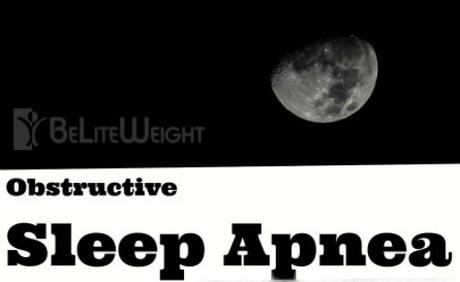
Obstructive Sleep Apnea is a sleeping disorder that interrupts a person's breathing while they are asleep. People with this disorder repeatedly stop breathing while sleeping which usually results in a reduced oxygen supply to the brain and the tissues of the body.
Each pause in breathing is called an " apnea" and can last for several seconds to several minutes. When breathing is paused, carbon dioxide builds up in the bloodstream and chemoreceptors in the blood stream instantly respond to the high carbon dioxide levels. The brain is then signaled to wake the sleeping person and breathe in air in order to release the carbon dioxide built up. Breathing normally restores oxygen levels and the person falls asleep again.
If you would like to hear more about how weight loss surgery can potentially help sleep apnea and weight related comorbidities click here and inquire today!
Continue reading for more information on Sleep Apnea
- Obstructive Sleep Apnea: This is the most common type of sleep apnea and occurs when the tissue at the back of the throat relaxes during sleep blocking the airway or air passage resulting in loud snoring.
- Central Sleep Apnea: This type of sleep apnea is less prevalent as it involves a person's central nervous system and is not characterized by snoring. It occurs when the brain fails to signal the muscles that control breathing.
- Complex Sleep Apnea: This is combination of obstructive sleep apnea and central sleep apnea.
Diagnosing sleep apnea is tricky because it is impossible to observe the prominent symptoms of sleep apnea by one's self as the apneas occur only when asleep. Fortunately, there are ways to get around this difficulty. A person may ask someone in their home to observe their sleeping habits or can use a cell phone or electronic device to make a recording of their sleeping themself.
If you are unsure about your sleep apnea diagnosis it is highly recommended to seek the help of a professional medical practitioner who can monitor any snoring, choking or gasping while you are asleep.
http://www.uwhealth.org/referring-physician-news/death-rate-triples-for-sleep-apnea-sufferers/13986

